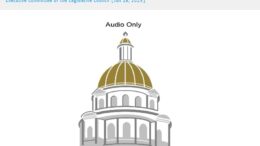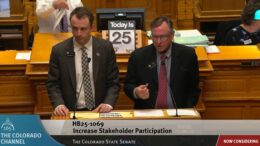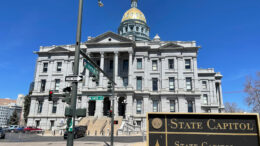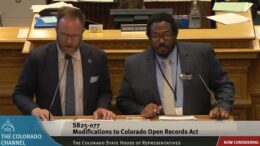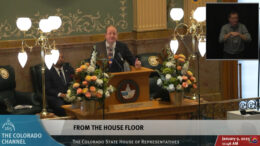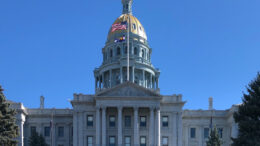Video livestreaming pilot for interim committee meetings of Colorado legislature set to begin Aug. 1
Colorado legislative leaders voted 4-1 to test video coverage of General Assembly committee meetings in five rooms of the state Capitol complex from August to November.

